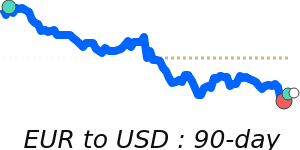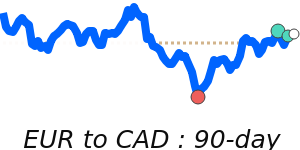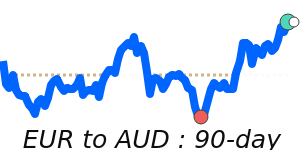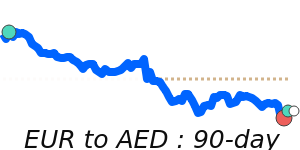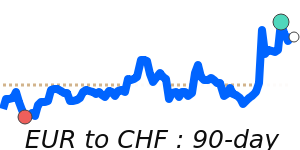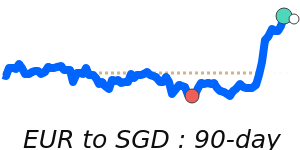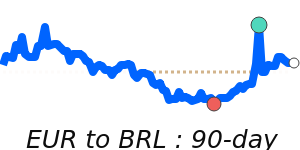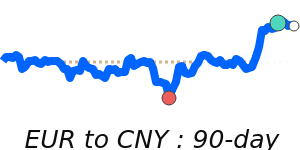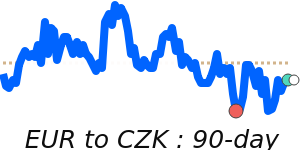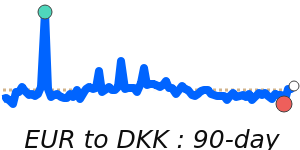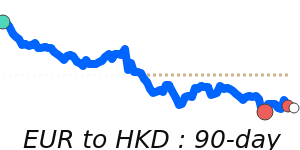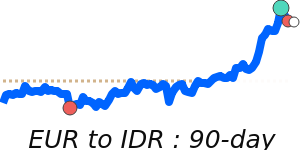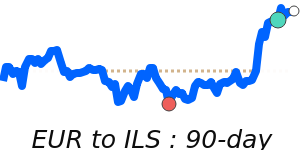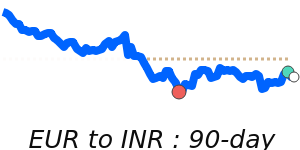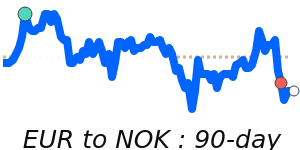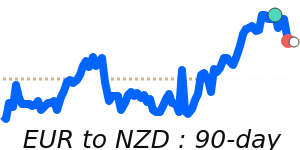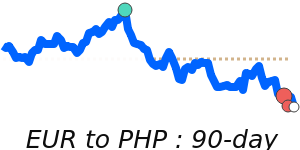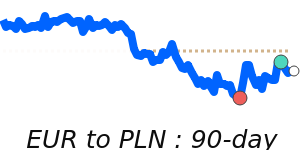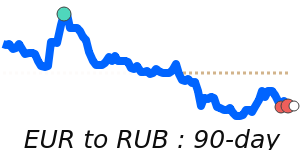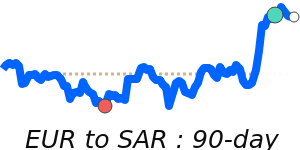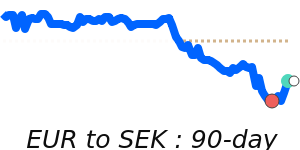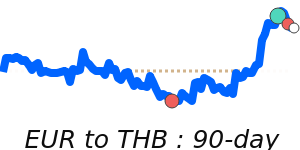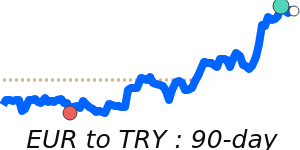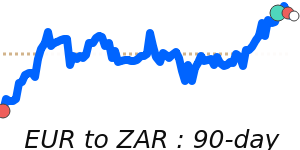Outlook
The euro remains supported by USD weakness and improving euro-area sentiment. With data largely sparse today, euro moves are likely to follow broader FX trends. A softer US backdrop and expectations that the ECB will maintain a cautious stance keep upside potential for EUR limited to the near term; however, any surprise shift in ECB policy or a rebound in US growth could curb gains.
Key drivers
- USD weakness continuing to support demand for EUR.
- Eurozone confidence improving, with sentiment gauges showing a lift.
- ECB policy stance on hold at 2% amid inflation near target; potential policy trajectory remains data dependent.
- Bulgaria adopting the euro earlier this year reinforcing euro demand and integration.
- Energy and geopolitical factors ongoing, with export competitiveness and risk sentiment weighing on the euro at times.
- Oil prices recently elevated, influencing inflation dynamics and global risk appetite.
Range
EUR/USD is at 1.1904, about 1.7% above its 3-month average of 1.1706, having traded within a 3-month range of 1.1516 to 1.2031. EUR/GBP is at 0.8701, near 14-day highs and just below its 3-month average, with a 2.4% range from 0.8628 to 0.8833. EUR/JPY is at 185.9, about 1.6% above its 3-month average of 182.9, with a 4.3% range from 178.5 to 186.2. Oil (Brent Crude OIL/USD) is 68.32, roughly 7.5% above its 3-month average of 63.56, trading in a 17.0% range from 59.04 to 69.09.
What could change it
- A shift in US data strength or weakness that alters USD direction.
- A surprise shift in ECB policy or communications that alters rate expectations.
- Inflation moving decisively back toward or further away from the 2% target.
- Geopolitical developments or shifts in global risk sentiment affecting demand for the euro.
- Oil and energy-price moves influencing euro-area inflation and growth outlook.
